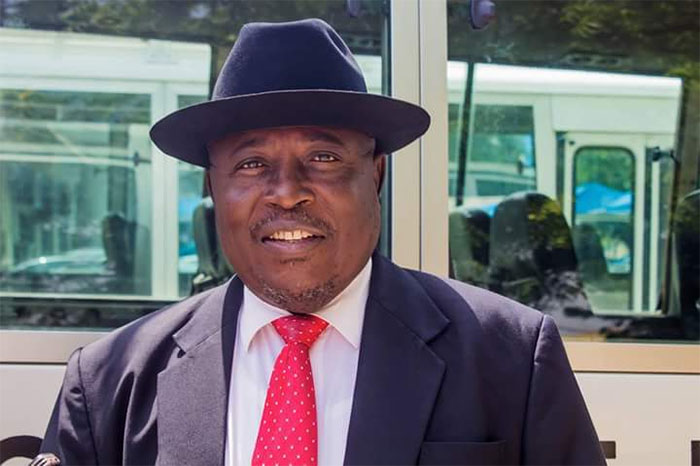Former Special Prosecutor, Martin Amidu, isn’t mincing words — again. This time, he’s calling out the Office of the Special Prosecutor (OSP) for what he sees as another round of “media mind games,” accusing the agency of playing to the gallery instead of doing real legal work.
According to Amidu, the OSP’s June 1st public threat to slap Ken Ofori-Atta with an Interpol Red Notice if he failed to show up the next day — while undergoing medical treatment in the U.S. — was nothing more than a psychological PR stunt.
Why? Because Ken’s legal team had already informed both the Human Rights Court and the OSP about his deteriorating health. So why pretend it was news?
Amidu questions why the OSP is acting like it’s discovering things the public records already contain. And more importantly, why the sudden urgency to brand Ofori-Atta a fugitive when he’s already indicated his willingness to cooperate — even virtually?
Let’s not forget, this is the same OSP that, under Kissi Agyebeng’s watch, promised Parliament to revisit the controversial Agyapa deal. That never happened. But suddenly, now that Ofori-Atta has no power to influence budget allocations, he becomes a “suspect”?
Amidu doesn’t hold back. He sees this as a power play — one that isn’t about justice but about staying relevant with the new government and securing continued funding. He likens the OSP’s behavior to anti-corruption entrepreneurship — loud in the media, empty in results, and rich in budget spending.
There’s also a deeply personal side to this. Amidu remembers how Sixty Million Ghana Cedis was transferred into the OSP’s account under his tenure, earmarked for renovations. He refused to touch it. But under Kissi Agyebeng? Gone. Dissipated. With no visible results.
And now, he’s worried history may repeat itself. Amidu brings up the case of the late Victor Selormey — a man with serious heart issues who was arrested on return to Ghana, dragged through court, jailed, and died not long after a last-minute pardon. He doesn’t want to see Ofori-Atta go down the same path — especially if his medical condition is real and critical.
He argues that if the OSP truly had nothing to hide and was genuinely interested in justice, they could’ve verified Ofori-Atta’s medical claims with the U.S. FBI — just like they claimed to do in the Cecilia Dapaah case. Better yet, if Kissi Agyebeng can fly abroad to visit suspects (as he allegedly did with four others who had Red Notices hanging over their heads), why not fly to the U.S. to take Ken’s statement?
Instead, the OSP is busy trying Ofori-Atta in the media, making bold declarations when the matter is already in court and set to be addressed at the next hearing on June 18.
The way Amidu sees it, the Special Prosecutor’s office has ballooned into a media-hyped, taxpayer-funded illusion — puffed up by politics, not results. And Ghanaians deserve better.
“This is not how you fight corruption,” Amidu writes. “This is how you fight for headlines.”
As for the supposed 5 PM press conference held by Kissi Agyebeng on June 2? Amidu wasn’t impressed. To him, it was just more fuel thrown into the fire of public opinion — and not the kind of fire that lights up justice.

